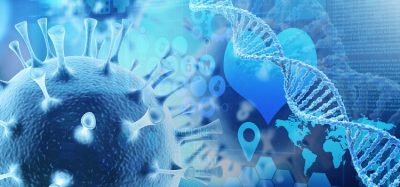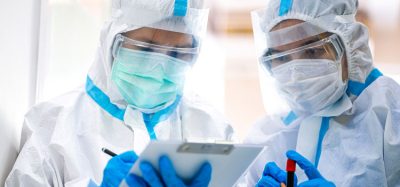IgG antibodies in breast milk help shape infants’ gut bacteria and immunity
Posted: 30 June 2022 | Ria Kakkad (Drug Target Review) | No comments yet
A new study in mice has highlighted that gut beneficial bacteria can be transferred from mothers to infants through breast milk and help infants defend against infection-induced diarrheal illness.

Researchers at Weill Cornell Medicine, US, have highlighted that one specific set of antibodies that is induced naturally by gut beneficial bacteria can be transferred from mothers to infants through breast milk and help infants defend against infection-induced diarrheal illness. The study suggests boosting these “naturally-produced” antibodies in mothers might enhance infants’ immunity against bacterial pathogens that cause infectious gastrointestinal diseases. The findings were recently published in Science Immunology.
The team focused on a class of antibodies called IgG, which help rid the body of infectious bacteria and viruses. They used a mouse model to determine how these IgG antibodies are transferred from a mother’s blood to her breast milk and how they protect young mice from Citrobacter rodentium (equivalent to pathogenic E. coli in humans) that causes potentially dangerous intestinal infections.
The researchers sought to confer extra protection against intestinal infections in infants by inducing IgG antibodies that could be transferred via breast milk. They developed a vaccine using a component found in gut bacteria, then immunised female mice with it before they became pregnant.
In their experiments, the researchers first demonstrated that when passed to infant mice through breast milk, IgG prevented disease-causing bacteria from attaching themselves to the lining of infants’ intestines, an early step in infection.
They also studied how IgG interacted with another set of microbes to facilitate healthy development of gut bacteria in infants. Scientists are finding that these microbes contribute to the development and function of the immune system. For instance, helpful bacteria train the immune system to recognise their pathogenic relatives.
This study also uncovered long-term effects of these protective IgG antibodies. Mice that never received IgG from their mothers developed abnormal microbial communities within their guts, which led to changes to their immune systems. Specifically, the researchers found an increase in gut immune cells that produce IL-17, a proinflammatory cytokine that is linked to inflammatory diseases. As adults, the IgG-deprived mice were more susceptible to abnormal inflammation associated with inflammatory bowel disorder.
Related topics
Antibodies, Drug Delivery, Microbiome, Vaccine
Related conditions
gastrointestinal diseases, infection-induced diarrheal illness, inflammatory bowel disorder
Related organisations
Weill Cornell Medicine







